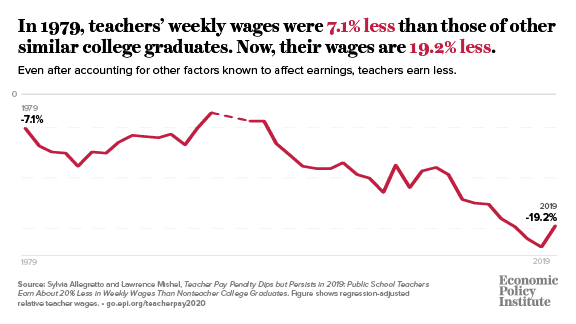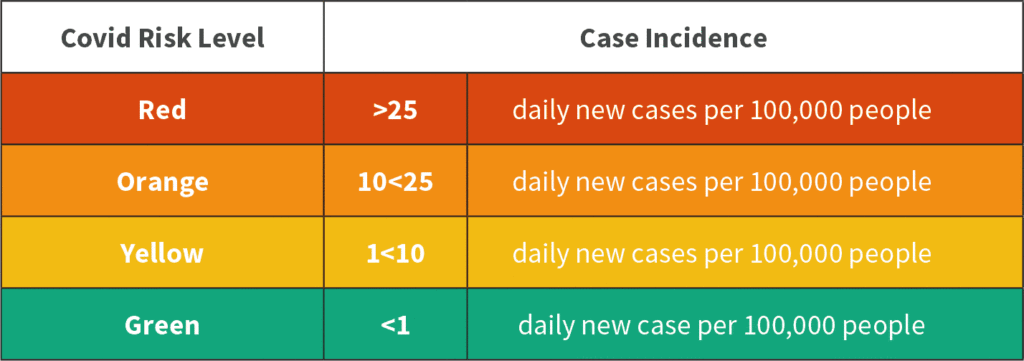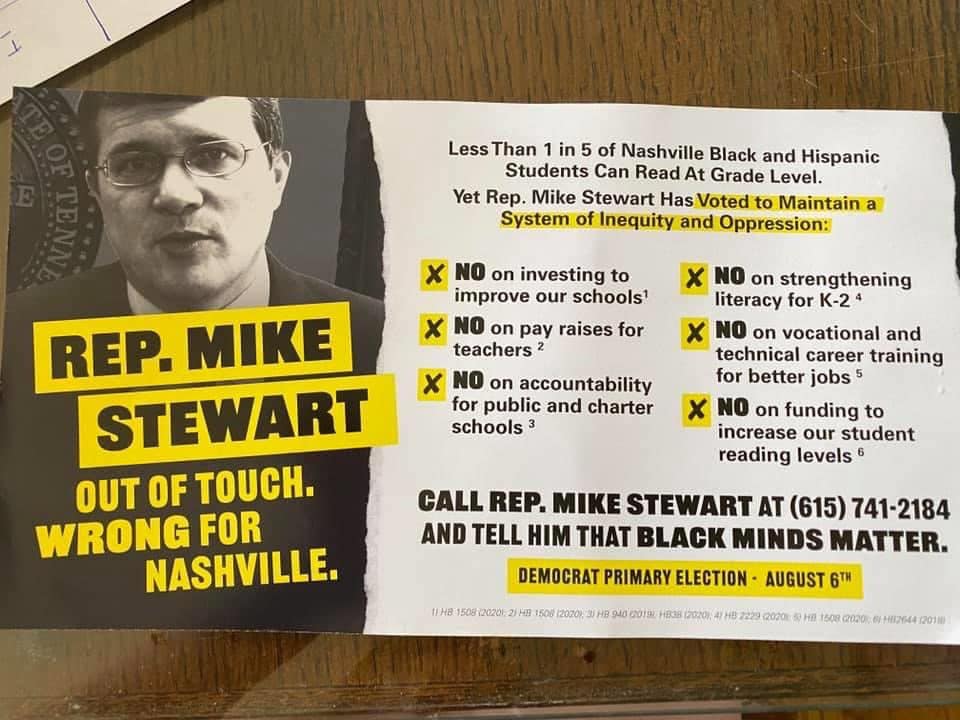Nashville education blogger TC Weber makes an apt comparison of teachers during COVID and Lamar Jackson.
Here’s more >
It needs to be recognized that once again, teachers are doing what they always do – rising to the challenge. Less than two month into an unprecedented cultural revolution, positive things are happening.
And once again, we are doing what we, always do – demand more while giving less.
Time to break out a sports metaphor. If I have Lamar Jackson on my team – Baltimore’s superstar QB for those unfamiliar – do I let him focus on just being a QB, or do I say, “Hey you are pretty good at that QB thing, now I’m going to need you to coach special teams, fill the water coolers for the team, and if you could, take up tickets from fans before the game.”
It sounds ludicrous, yet that’s what we do with teachers every year. Instead of allowing them the ability to focus on what they do best, we invent new responsibilities for them. This year we are asking them to be navigators, IT specialists, data entry specialists, video stars, and whatever else we can throw on the plate. Name me the teacher prep program that prepared them for any of those roles. Meanwhile, we conveniently forget that they are also parents and spouses themselves.
Going back to Lamar, if the Baltimore coaching staff finds him sitting slack on the locker room bench, eyes glazed over, clearly mentally and physically exhausted, do they say to him, “We know you are really tired but we really need you to learn this new playbook by tomorrow because we are switching strategies. The fans in the box seats, don’t like the way we are doing things, so we are going to put a little razzle-dazzle in for them. But make sure you get all that other stuff too.”
Or do they say, “Damn, you are our team leader and we need to let you work your magic. We need you fresh and sharp. Let’s get somebody else in to take these added responsibilities off of you. in order to make sure that you get the proper rest and nutrition. We need you to be able to perform at peak level, so we are going to offer supports.”
The current situation reminds me of what Peter Greene wrote over the summer:
It would be great—absolutely great—if elected officials responded to the current situation by saying, “There is nothing more important than our children’s education, so we are going to do whatever it takes, spend whatever is necessary, to make sure that every single schools has every single resource it could possibly need to make its students and staff safe and secure and able to concentrate on the critical work of educating tomorrow’s citizens. We will spare no expense, even if we have to cut other spending, raise taxes on some folks, or spend more money that we don’t actually have.”
Nobody who has been in education longer than a half an hour expects that to happen.

For more on education politics and policy in Tennessee, follow @TNEdReport
Your support – $5 or more – makes publishing education news possible.








